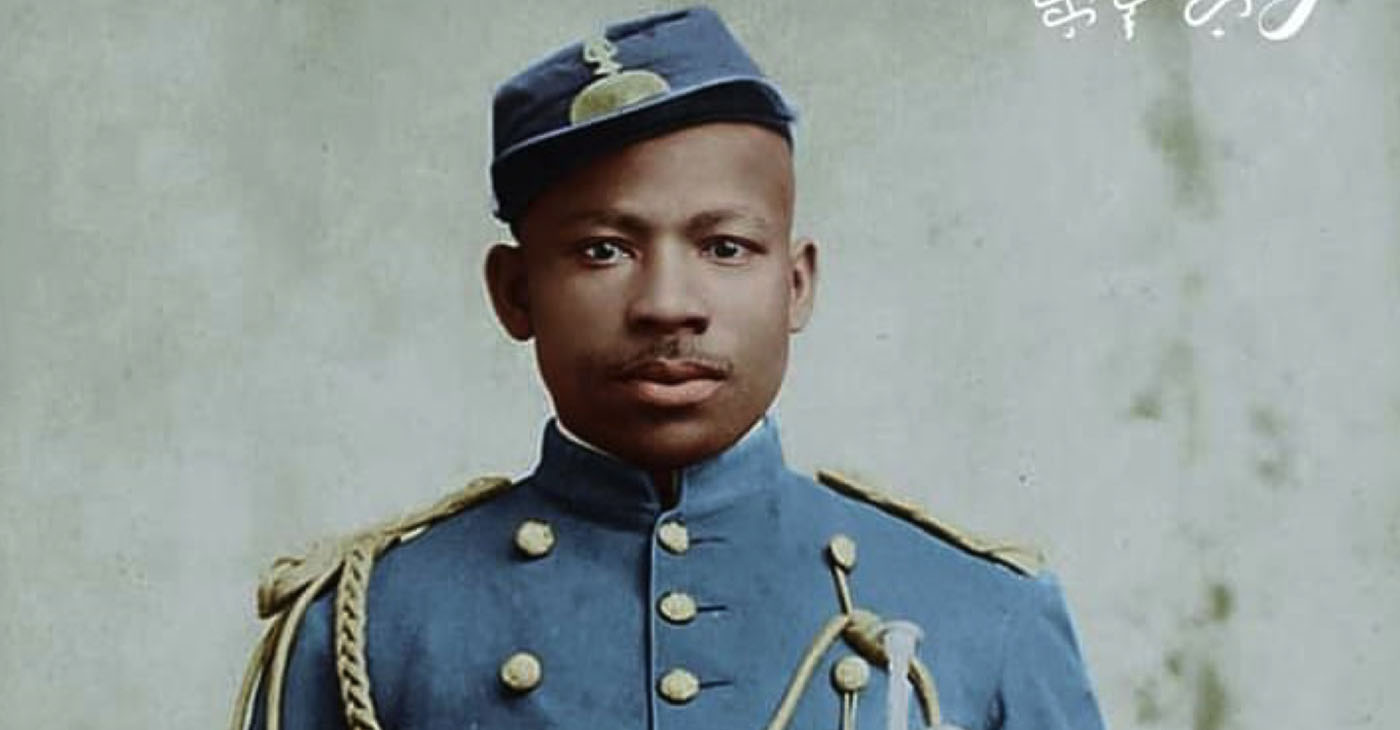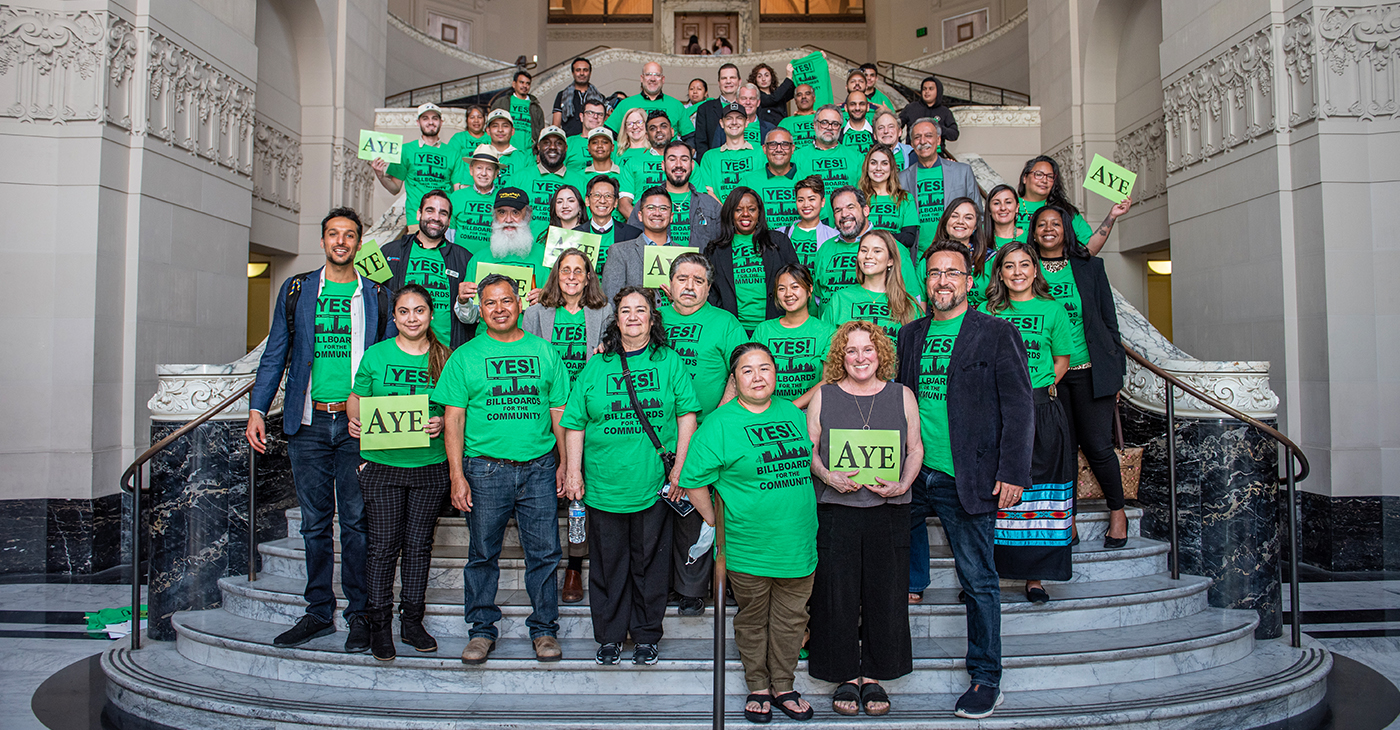Activism
During Black History Month Don’t Forget David Fagen
It took the courage of humanity to take action like Fagen did. If you’ve never heard of this history, it’s not surprising. It’s one that runs counter to America’s white supremacist narrative. I was surprised that even my father, who was born under the American flag in the Philippines a few weeks after the U.S.-Philippine war started, had never heard anything about Fagen. That likely wasn’t taught in his colonized American school, where he learned English well enough to come to America in the 1920s as a colonized American national.

By Emil Guillermo
Black history is American history is Asian American history.
Don’t let anyone tell you otherwise.
When the American is an African American in Asia, that’s a rich history worth contemplating.
If the name David Fagen doesn’t roll off your lips, or immediately come to mind, then remember it now. It’s a history lesson and a humanity lesson that bears repeating.
For the history buffs, Fagen was an African American born in Florida in 1875. It was after slavery, after the Civil War, and yet was there really much difference? You still had Blacks who were lynched, burned and murdered in the South.
This was the reality for Fagen, who joined the segregated, all-Black 24th Infantry and was sent to fight Native Americans as a “Buffalo Soldier.”
His unit was so good that the Army sent them to Cuba for the Spanish American War. And then they were dispatched to the Philippines for what I’d rather call the U.S.-Philippine War, reserving the lead position to the aggressor.
The first shots were fired Feb. 4, 1899.
It was around that time that Fagen started hearing the “N” word being hurled about. But when he turned his head, the Filipinos turned their heads, too. The white officers were calling Filipinos the “N” word.
The “N” word as the “F” word?
That’s when the soul searching began for Fagen. How could any African American with integrity or empathy fight a white man’s war and turn his gun on another person of color fighting for freedom?
I don’t know how Fagen felt about the Native Americans he encountered in previous campaigns, but by the time he was in the jungles of the Philippines, he changed.
Fagen could no longer fight for the U.S. imperial army. He became one of 15 to 30 deserters among the four units of Buffalo soldiers.
And he was the only one known to have joined the Filipino freedom fighters of the U.S.-Philippine War.
Others felt what Fagen felt. One of my favorite Black history books is William Gatewood’s, “Smoked Yankees and the Struggle for Empire: Letters From Negro Soldiers, 1898-1902.”
The letters make the racist nature of the war clear and provide an understanding for Fagen’s defection.
Gatewood’s book includes letters written by African American soldiers and published in the U.S. by the Black ethnic press, such as the Boston Post, the Cleveland Gazette, and the American Citizen in Kansas City.
“I feel sorry for these people and all that have come under the control of the United States,” wrote Patrick Mason, a sergeant in Fagen’s 24th Infantry, in a letter to the Cleveland Gazette. “The first thing in the morning is ‘(N-word)’ and the last thing at night is ‘(N-word).’ You are right in your opinions. I must not say as much as I am a soldier.”
It took the courage of humanity to take action like Fagen did.
If you’ve never heard of this history, it’s not surprising. It’s one that runs counter to America’s white supremacist narrative.
I was surprised that even my father, who was born under the American flag in the Philippines a few weeks after the U.S.-Philippine war started, had never heard anything about Fagen. That likely wasn’t taught in his colonized American school, where he learned English well enough to come to America in the 1920s as a colonized American national.
All throughout the discrimination my father endured in the U.S. (anti-miscegenation, lack of opportunities in employment and housing), he found himself in the Black community. But he still was in the throes of colonial mentality. Generally, that’s known as an acceptance of the white narrative, as ‘one goes along to get along’ in society.
Coincidentally, I’m telling my father’s story live on stage on from Feb. 16 – March 4 at Frigid NYC, the New York Fringe Festival, at the Under St. Marks Theater. But you don’t necessarily have to be in New York to experience it. See it from home with a livestream ticket, available at Fringe.NYC (https://www.frigid.nyc/event/6897:338/).
Emil Guillermo is a veteran Northern California journalist, speaker and commentator. He’s at www.amok.com.
Activism
Oakland Post: Week of July 24 – 30, 2024
The printed Weekly Edition of the Oakland Post: Week of July 24 – 30, 2024

To enlarge your view of this issue, use the slider, magnifying glass icon or full page icon in the lower right corner of the browser window. ![]()
Activism
Oakland Post: Week of July 17 -23, 2024
The printed Weekly Edition of the Oakland Post: Week of July 17 -23, 2024

To enlarge your view of this issue, use the slider, magnifying glass icon or full page icon in the lower right corner of the browser window. ![]()
Activism
Community Celebrates Historic Oakland Billboard Agreements
We, the Oakland Billboard Economic Development Coalition, which includes Oakland’s six leading community health clinics, all ethnic chambers of commerce, and top community-based economic development organizations – celebrate the historic billboard agreements approved last year by the Oakland City Council. We have fought for this opportunity against the billboard monopoly, against Clear Channel, for five years. The agreements approved by Council set the bar for community benefits – nearly $70 Million over their lifetime, more than 23 times the total paid by all previous Clear Channel relocation agreements in Oakland combined.

Grand Jury Report Incorrect – Council & Community Benefit
We, the Oakland Billboard Economic Development Coalition, which includes Oakland’s six leading community health clinics, all ethnic chambers of commerce, and top community-based economic development organizations – celebrate the historic billboard agreements approved last year by the Oakland City Council. We have fought for this opportunity against the billboard monopoly, against Clear Channel, for five years. The agreements approved by Council set the bar for community benefits – nearly $70 Million over their lifetime, more than 23 times the total paid by all previous Clear Channel relocation agreements in Oakland combined.
Unfortunately, a recent flawed Grand Jury report got it wrong, so we feel compelled to correct the record:
- Regarding the claim that the decision was made hastily, the report itself belies that claim. The process was five years in the making, with two and a half years from the first City Council hearing to the final vote. Along the way, as the report describes, there were multiple Planning Commission hearings, public stakeholder outreach meetings, a Council Committee meeting, and then a vote by the full Council. Not only was this not hasty, it had far more scrutiny than any of the previous relocation agreements approved by the City with Clear Channel, all of which provide 1/23 of the benefits of the Becker/OFI agreements approved by the Council.
- More importantly, the agreements will actually bring millions to the City and community, nearly $70M to be exact, 23 times the previous Clear Channel relocation agreements combined. They certainly will not cost the city money, especially since nothing would have been on the table at all if our Coalition had not been fighting for it. Right before the decisive City Council Committee hearing, in the final weeks before the full Council vote, there was a hastily submitted last-minute “proposal” by Clear Channel that was debunked as based on non-legal and non-economically viable sites, and relying entirely on the endorsement of a consultant that boasts Clear Channel as their biggest client and whose decisions map to Clear Channel’s monopolistic interests all over the country. Some City staff believed these unrealistic numbers based on false premises, and, since they only interviewed City staff, the Grand Jury report reiterated this misinformation, but it was just part of Clear Channel’s tried and true monopolistic practices of seeking to derail agreements that actually set the new standard for billboard community benefits. Furthermore, our proposals are not mutually exclusive – if Clear Channel’s proposal was real, why had they not brought it forward previously? Why have they not brought it forward since? Because it was not a real proposal – it was nothing but smoke and mirrors, as the Clear Channel’s former Vice President stated publicly at Council.
Speaking on behalf of the community health clinics that are the primary beneficiaries of the billboard funding, La Clinica de la Raza CEO Jane Garcia, states: “In this case, the City Council did the right thing – listening to the community that fought for five years to create this opportunity that is offering the City and community more than twenty times what previous billboard relocation agreements have offered.”
Oakland Billboard Economic Development Coalition
| Native American Health Center | La Clínica de la Raza | West Oakland Health Center |
| Asian Health Services | Oakland LGBTQ Center | Roots Community Health Center |
| The Unity Council | Black Cultural Zone | Visit Oakland |
| Oakland African American Chamber of Commerce | Oakland Chinatown Chamber of Commerce | Oakland Vietnamese Chamber of Commerce |
| Oakland Latino Chamber of Commerce | Building Trades of Alameda County | (partial list) |
-

 Arts and Culture3 weeks ago
Arts and Culture3 weeks agoRooted in Tradition: The Intricate History of Black Hair Braiding
-

 Bay Area4 weeks ago
Bay Area4 weeks ago“I Will Not Be Bullied,” Says Oakland Mayor Sheng Thao
-

 Bay Area2 weeks ago
Bay Area2 weeks agoPG&E Increases Rates While Bay Area Households Are Struggling to Stay Afloat
-

 Business3 weeks ago
Business3 weeks agoGov Newsom: Raising Fast Food Minimum Wage to $20 Pays Off as Jobs Multiply in Industry
-

 Activism4 weeks ago
Activism4 weeks agoOpponents of Mayor Sheng Thao Are Calling on Her to Resign Following FBI Raid
-

 Community1 week ago
Community1 week agoHundreds Come to Jehovah’s Witnesses’ Assembly Hall for Three-Day Program of ‘Good News’ in Fremont
-

 Bay Area2 weeks ago
Bay Area2 weeks agoJuneteenth Mass Shooting Suspect Charge with Multiple Counts of Felony Assault by Alameda County DA Pamela Price
-

 Activism4 weeks ago
Activism4 weeks agoOakland Coliseum Sale to AASEG: A Model for Community Development and Inclusion

















































